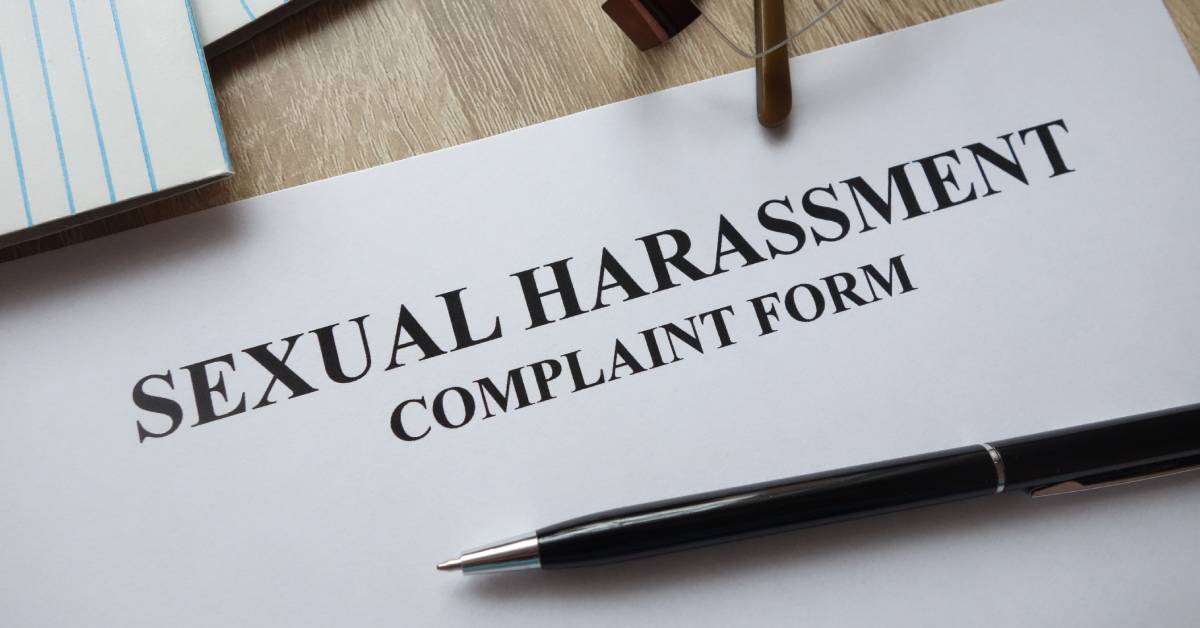Sexual harassment in healthcare settings is a critical yet often overlooked issue. While there is much focus on promoting patient safety and dignity, which is critical, many facilities neglect to discuss protection for healthcare professionals from inappropriate behavior. This post explores whether patients can be accused of sexual harassment, how institutions can tackle this issue, and strategies to foster a safe work environment for medical professionals.
Understanding Sexual Harassment in Healthcare
Sexual harassment in healthcare encompasses any unwelcome sexual advances, comments, gestures, or actions that create a hostile work environment. While harassment from peers or supervisors is well-documented, healthcare providers often report facing inappropriate conduct from patients as well. Factors such as the vulnerability of patients and the nature of intimate care may complicate how we perceive and address these situations.
Healthcare workers are entitled to the same workplace protections as any other professional. Unchecked harassment from patients can lead to serious consequences, including burnout, decreased morale, and a high turnover rate. Recognizing this form of harassment is the first step in protecting your staff.
What Institutions Can Do Against Staff Harassment
Institutional policies play a crucial role in managing sexual harassment from patients. Employers must establish clear guidelines and protocols for responding to complaints. This includes defining what constitutes inappropriate conduct, how to identify it as a victim or bystander, offering methods for reporting incidents, and ensuring safeguards are in place for staff well-being.
Training sessions and workshops can help staff identify harassment and prepare them with how to respond appropriately. Hospital or clinic administrations must support individuals who report harassment, ensuring that the organization takes their concerns seriously and handles them discreetly.
Strategies for Preventing and Addressing Harassment
Prevention begins with creating an environment that prioritizes mutual respect. Providers should communicate clear behavioral expectations to patients upon admission. Identifying warning signs and intervening early can prevent potentially escalating situations.
If harassment occurs, healthcare professionals should have access to de-escalation tools or safety measures. Instituting a zero-tolerance policy sends a strong message that such behavior will not be tolerated, irrespective of its source. Staff should also be encouraged to document incidents thoroughly to ensure complete and accurate evidence, should the situation require further action.
Resources and Support for Healthcare Professionals
Healthcare workers facing patient harassment require accessible resources and emotional support. Employee assistance programs, counseling services, and peer support groups are vital in helping affected professionals cope. Legal assistance should also be available to guide staff on the next steps if the issue persists or escalates.
Gamma Compliance Solutions offers healthcare facilities various resources and trainings following OSHA sexual harassment prevention policies and guidelines. These resources can help businesses of all size promote safe working environments for employees.
Promoting a Respectful Healthcare Environment
Addressing sexual harassment from patients is essential for ensuring the safety and dignity of healthcare professionals. Open dialogue, effective institutional policies, and dedicated resources are vital in fostering an environment where staff feel supported and respected. Protecting those who dedicate their lives to serving others is a legal obligation and strengthens the core of your facility.

